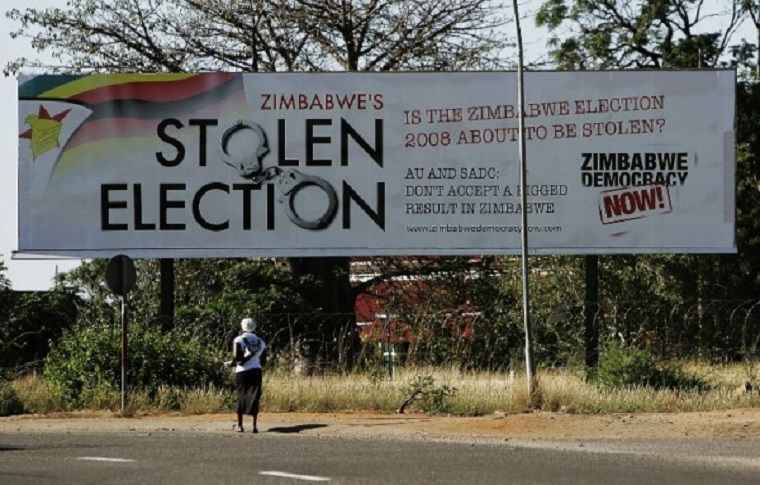Zimbabwe’s Constitution requires it to hold elections by July 2018. It seems unlikely that the country’s political system will be reformed in time to ensure the election is free and fair.
The opposition will therefore be at a disadvantage again. It seems to have abandoned its calls for reform and is focusing on building coalitions.
It is widely believed that the current government does not represent the people.
Electoral fraud has been common over the years and the country’s socio-economic crisis continues.
In South Africa and Namibia, former liberation movements have maintained their dominance through credible elections.
The polls have met legal and internationally accepted criteria.
But in Zimbabwe, the ruling ZANU PF has dominated by abusing the country’s political and electoral systems. Elections have often been deadly for the opposition there.
ZANU PF, which has been in power since independence in 1980, has applied any means necessary to hold on to this position.
Elections or no elections, the party is ready to defend its power.
The party manipulated the electoral process in 2000, 2002, 2008 and 2013.
It lost elections to the main opposition Movement for Democratic Change (MDC) in March 2008 but refused to concede defeat.
Contrary to earlier practice when presidential, parliamentary and local government elections were conducted separately, the harmonised elections combined all the elections and the ones in 2008 were the first.
This led to a bloody presidential run-off in June 2008. The incumbent ZANU PF president claimed to have won again.
A coalition government was formed in 2009 and the parties negotiated a new Constitution, which was approved in 2013. ZANU PF won the 2013 elections.
Although there was no evidence of political violence in 2013, forms of electoral chicanery were evident, compromising the legitimacy of the results.
Continued next page
(197 VIEWS)
